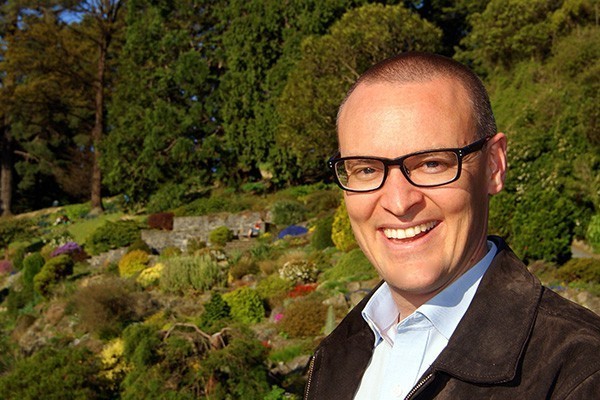I find it heart-breaking that New Zealand was so slow to welcome Syrian refugees escaping the biggest humanitarian crisis since WWII.
Our existing refugee quota of 750 per annum has been in place for decades, and places us 87th in the world for generosity of welcome.
When I was a schoolboy, the small seaside community I grew up in welcomed a refugee family from Cambodia. At first, the children at school spoke no English. Each child wore the same donated sweatshirt and pair of trousers for the first few weeks. They stood out. They looked out of place, and following the horrors of genocide in their own country, clearly they felt it. Life had been horrific, and adapting to a new culture and community was never going to be perfectly easy. Despite a broad welcome, some residents resented them and some children taunted them in the playground.
Years later, I heard of the success of these students — who shone academically and took on professional careers. They had studied hard. Having faced certain death if they’d stayed in their homeland, they’d made the most out of their talents at every opportunity.
More recently, New Zealand accepted refugees following the Tampa crisis.
I wrote my PhD about a German pastor who came to New Zealand as a refugee from Nazi Germany. Although he’d endangered his life by opposing Hitler’s regime before fleeing it, not everyone welcomed him. Upon arrival as a newly graduated tutor of theological students, he was treated with utter contempt by a then world-famous academic who headed his faculty. But he went on to make a significant impact in his chosen academic field at Otago, influencing Sir Lloyd Geering among numerous others.
Generally, refugees get little say in where they end up. If they had a real choice to live in their home country, none would choose the prejudice and abuse they suffer from community members in their adopted country, ignorant of the horrors they have faced. And I am sure most go on to make an above-average contribution to the community.
But none of this should drive our decision-making. What should matter when we see the devastation abroad is the compassion that issues a swift response. I was delighted to learn of active steps by youth wings of political parties across the spectrum to urge the government to adopt a more generous position in response to this humanitarian crisis. This gives me hope that a better tomorrow is not far away.






